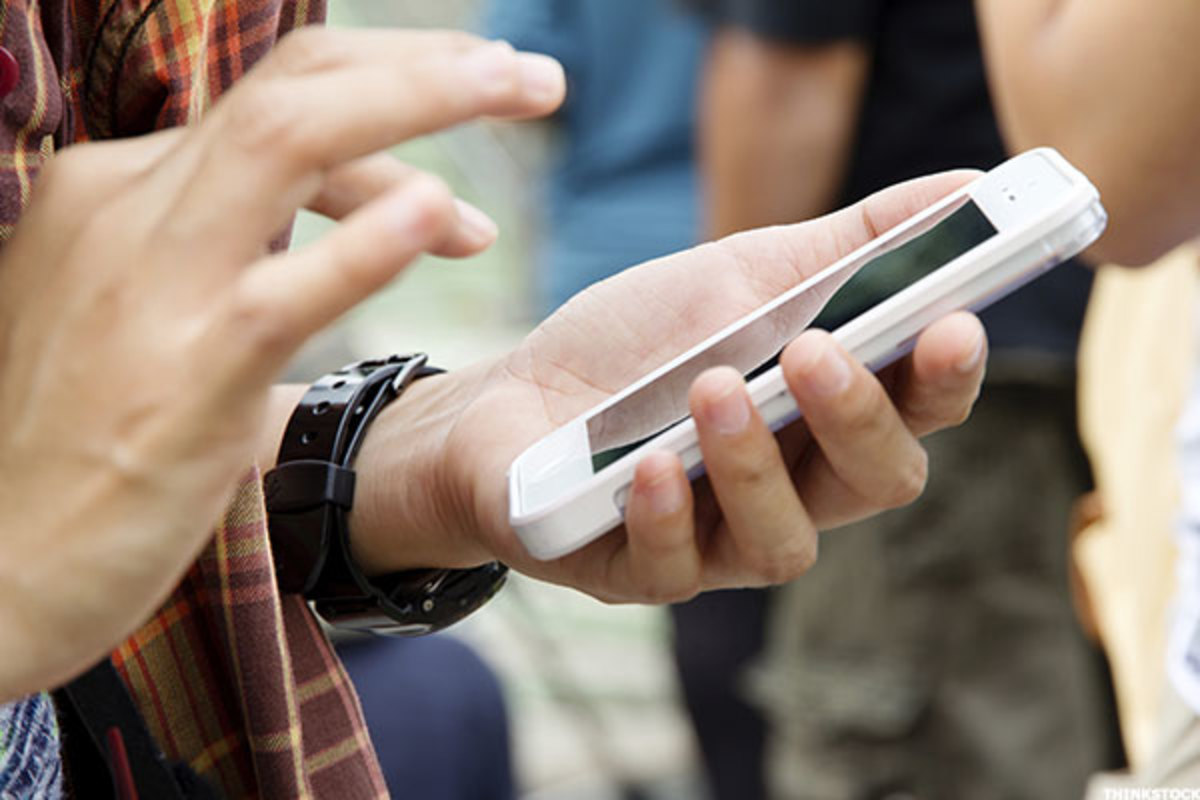
Key takeaways
- If you're self-employed and you use your cellphone for business, you can claim the business use of your phone as a business deduction.
- You can only deduct the percentage of the cost that applies to the business use of your cellphone. You can’t deduct the portion that applies to personal use unless it is a "de minimis" or trivial amount.
- If your employer provides you with a cellphone as part of your job, this could potentially increase your taxable income if your personal use is more than a trivial amount.
Your cellphone as a small-business deduction
If you're self-employed and you use your cellphone for business, you can claim the business use of your phone as a tax deduction. If 30% of your time on the phone is spent on business, you could legitimately deduct 30% of your phone bill. In Entrepreneur magazine, writer Kristin Edelhauser recommends getting an itemized phone bill, so you can measure your business and personal use and prove your deduction to the IRS. Alternatively, you could get a second phone and use it exclusively for business and that phone expense would be a 100% business expense.
Deductions for employees
For tax years prior to 2018, even if you're working for someone as an employee, you may have to use your personal cellphone for business. If you itemize deductions, the IRS allows you to claim depreciation on your phone as an "unreimbursed business expense" if you use it regularly for your job and your use is a common, accepted business practice.
You could deduct unreimbursed business expenses that amount to more than 2% of your adjusted gross income. These expenses also include professional association dues, legal fees and others listed in IRS Publication 529.
Beginning in 2018, these and other unreimbursed employee expenses are no longer deductible.
TurboTax Tip: If you carry a separate personal cellphone during business hours and make all your personal calls on that, the IRS likely will accept that your business phone is purely for business.
Cellphone depreciation
The Small Business Jobs Act of 2010 changed the way you calculate cellphone depreciation, according to the Schneider Downs accounting firm. Under the previous rules, if you used your cellphone less than 50% of the time for business, you could only depreciate it on a straight-line 10-year depreciation schedule. Now, however, the law allows you to write off depreciation—the spreading out of the cost of its useful life—over a seven-year period, in addition to making it easier to claim bonus depreciation and take a larger deduction in the year that you purchase it.
Your cellphone as fringe benefit
If your employer provides you with a cellphone as part of your job, this could potentially increase your taxable income. The use of your company cellphone for personal calls, Schneider Downs states, is a fringe benefit, that, depending on the value could be included as part of your gross income. However, "de minimis," or trivial, fringe benefits are typically not included in income.
If you carry a separate personal cellphone during business hours and make all your personal calls on that, the IRS likely will accept that the business phone is purely for business, in which case it won't affect your income.
With TurboTax Live Business, get unlimited expert help while you do your taxes, or let a tax expert file completely for you, start to finish. Get direct access to small business tax experts who are up to date with the latest federal, state and local taxes. Small business owners get access to unlimited, year-round advice and answers at no extra cost, maximize credits and deductions, and a 100% Accurate, Expert Approved guarantee.







